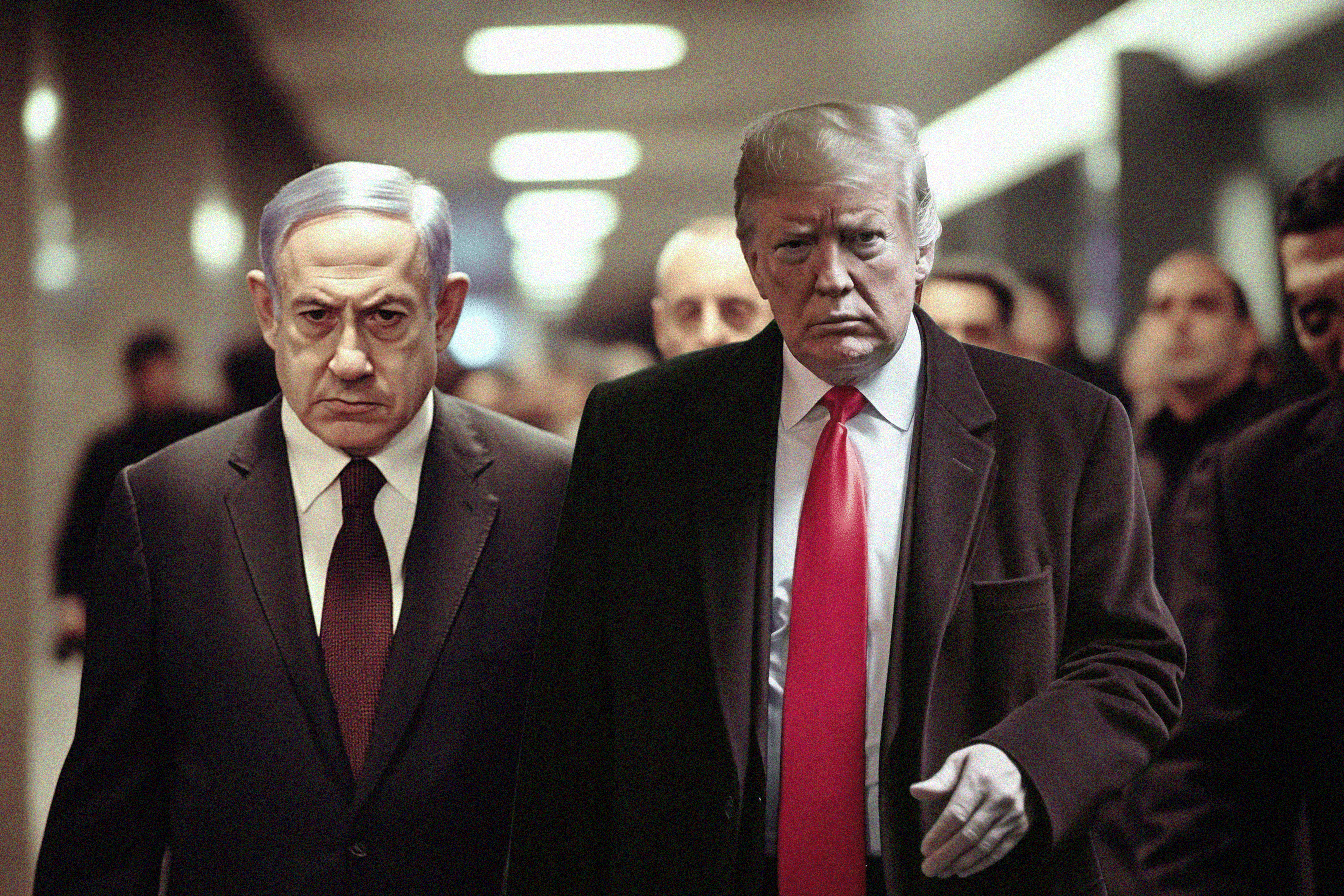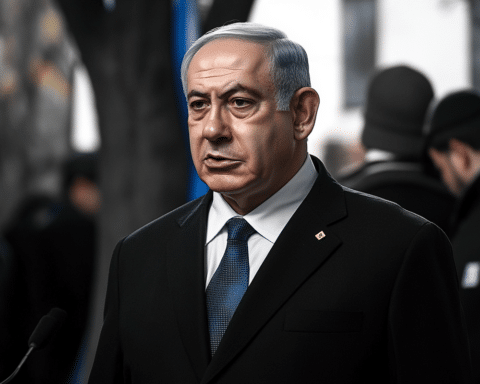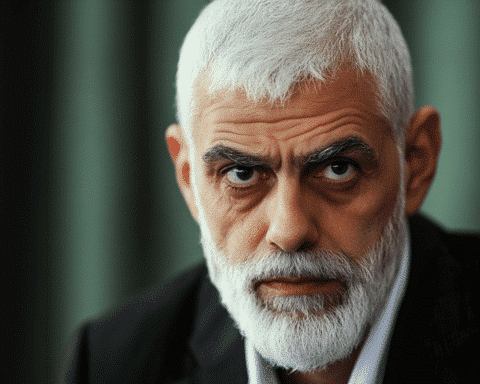Donald Trump has promised to bring peace to the Middle East, a region currently gripped by intense conflict and uncertainty. This ambitious goal, however, faces significant obstacles, particularly given Trump’s unwavering support for Israel and the complex geopolitical landscape he would inherit. With ongoing clashes and deep-rooted animosities, his approach to peace has raised questions across the globe.
Trump’s Vision for Peace: Vows Without Clarity
Throughout his campaign, Trump has pledged to restore peace in the Middle East. However, the strategy he intends to employ remains ambiguous. He has urged Israel to “finish the job” against Hamas, but questions remain on what that entails. As David Makovsky from the Washington Institute for Near East Policy asked, “Does finishing the job mean you have a free hand to deal with the remnants of Hamas? Or does finishing the job mean the war has to end now?” Trump’s call for a swift resolution has left room for interpretation, especially in the wake of the heavy casualties in Gaza.
Netanyahu’s Hope for Trump’s Pro-Israel Approach
Israeli Prime Minister Benjamin Netanyahu views Trump’s potential return to office as an opportunity to strengthen Israel’s position. Netanyahu remembers Trump’s first term fondly, as he was known for actions like recognizing Jerusalem as Israel’s capital and supporting Israeli settlements. Michael Oren, a former Israeli ambassador, highlighted the sentiment in Israel, stating, “He has the most pro-Israel record of any president.” For Netanyahu, Trump’s stance could mean less scrutiny over military actions and possibly influence any international legal scrutiny that might arise.
The Complex Future of Gaza and Palestinian Relations
Neither Trump nor Netanyahu has offered a comprehensive plan for a post-conflict Gaza. Trump’s suggestion that Gaza could be transformed into a prosperous area “better than Monaco” has been met with skepticism, especially given his lack of details on the political governance of the territory. Meanwhile, Netanyahu’s government has dismissed the Biden administration’s suggestion to involve the Palestinian Authority, instead favoring ongoing military oversight. Diana Buttu, a former adviser to Palestinian leaders, commented, “I don’t see this as a president who is going to care about Palestinians,” reflecting concerns about a limited future for Gaza under Trump’s leadership.
The Iran Factor: Security Versus Isolationism
A critical element of Trump’s Middle East approach will be his stance on Iran. In recent weeks, Israel has engaged in clashes with Hezbollah, a group backed by Iran, leading to high casualties on both sides. Trump’s strong rhetoric against Iran aligns with his “America First” principles but leaves open questions about the extent of his support. While he has stated intentions to “stop the suffering and destruction in Lebanon,” it is unclear whether he will prioritize U.S. interests or lend full military support to Israel in any further conflicts with Iran.
A Fragile Promise for Peace
Trump’s second bid to achieve peace in the Middle East is shadowed by the region’s ongoing tensions and his unpredictable diplomatic style. As Udi Sommer, an expert on U.S.-Israel relations, noted, “Uncertainty will likely define his approach.” With a legacy of strong support for Israel and a tendency toward isolationism, Trump’s vision for peace is as complex as the conflicts themselves. His next term could mark a crucial turning point—or a period of prolonged turmoil.




